Brakes on Swiss franc wear thin
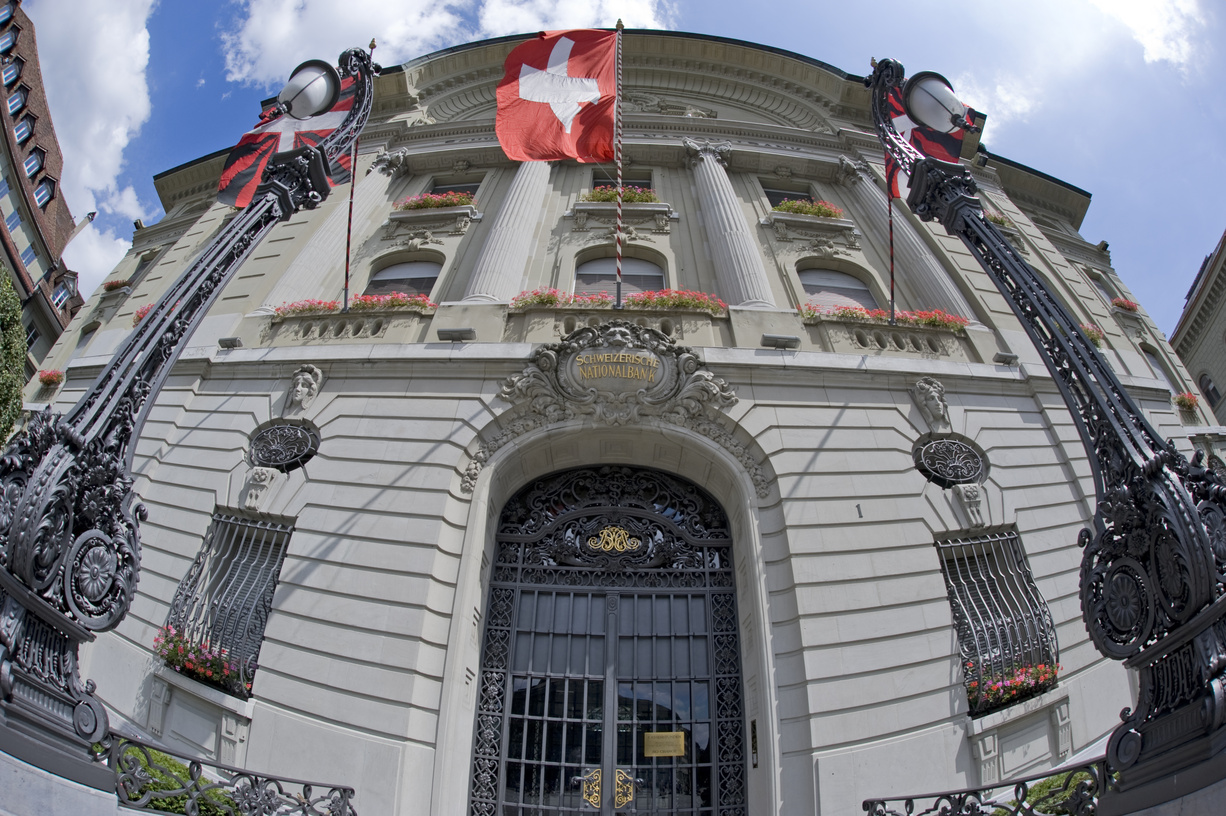
The Swiss government has backed “significant energetic intervention” to halt the inexorable rise of the franc, but options are gradually being exhausted, according to experts.
Faced with enormous external forces that have both weakened the euro and the dollar and increased the allure of the franc, Switzerland is swimming against a strong riptide that threatens to drown many exporters.
The government threw the ball back into the Swiss National Bank’s (SNB) court this week when the cabinet ruled out any immediate attempts to intervene.
The central bank’s intervention in the currency markets last year, when it bought billions of euros, met with little success. The franc continued to appreciate while the SNB’s foreign currency positions cost it SFr26 billion ($35 billion) in 2010 and SFr9.9 billion in the first half of this year.
Any further attempts to buy up foreign currencies could also backfire, according to Rudolf Minsch, chief economist at the Swiss Business Federation (economiesuisse).
“The SNB’s earlier intervention measures were taken far too early when it was not absolutely necessary to act in such a way,” Minsch told swissinfo.ch. “It could start again from fresh, but the losses already incurred have reduced the possibilities of acting decisively.”
Negative interest
Last week the SNB played a different hand by reducing interest rates by 50 basis points and flooding SFr50 billion of new money into the market.
Cutting the target interest rate range from 0.0-0.75 per cent to 0.0-0.25 per cent will have little effect in the long term, according to UBS bank’s chief economist for Switzerland Daniel Kalt.
“This cut was peanuts as interest rates were already close to zero,” he told swissinfo.ch.
The central bank could repeat its 1970s policy of introducing negative interest rates, in effect charging foreign investors to deposit money in Swiss banks rather than paying out interest. But past experience has shown that the franc could still appreciate despite this measure.
Furthermore, the SNB could be accused of straying from its mandate of maintaining price stability in Switzerland.
“Switzerland would shoot itself in the foot with this policy,” Charles Wyplosz, professor of economics at Geneva’s Graduate Institute, told swissinfo.ch. “Sending out a message to the world that Switzerland’s financial centre is not a reliable place to invest would dent its reputation.”
Peg exchange rates
Another possible solution being touted to solve the franc’s dilemma is to peg the Swiss currency to the euro, setting an exchange rate of around SFr1.30.
But acting against the currency markets comes with risks and could attract speculators, according to Wyplosz.
“If enough people were convinced that the franc was moving towards parity with the euro, then the market would speculate by buying up the franc, forcing the SNB to absorb huge amounts of euros,” he said.
“The SNB would be quickly overwhelmed and would have to blink before the market. Currency pegs quickly blow up in times like these.”
Yet another recent suggestion to soothe the franc’s woes has been for the Swiss government to set up a vast SFr100 billion war chest to invest in foreign assets, thus boosting ailing economies and boosting other currencies.
Quite apart from wondering how this money is to be found without unbalancing Switzerland’s budget, economiesuisse’s Rudolf Minsch believes the plan is unwieldy and imprecise.
“It is no good just throwing money around the world,” he told swissinfo.ch. “It would take a great deal of time to select the right investments, and time is something we do not have. It would be better to just buy up euros.”
Hope for the best
Charles Wyplosz, a financial markets expert who until recently used to advise the European Commission, believes there is nothing that Switzerland can do but sit tight and hope for the best.
Unless the European Union and the United States manage to sort out their current debt problems, there is very little the Swiss government or central bank can do to alleviate the strain on the franc.
The recent downgrading of the US to AA+ by a ratings agency and the continued muddle of European governments failing to agree on debt troubles has only increased pessimism.
“If Switzerland’s main trading partners return to recession, it would be an extraordinary miracle for Switzerland to escape,” Wyplosz said.
“The idea that governments can change economic outcomes is widely off the mark,” he added. “And if you believe the SNB can make the sun shine during a big storm, then good luck to you – because it can’t.”
If Swiss exporters are struggling because the price of their goods is rising, domestic consumers should be benefiting from cut price imports from the euro zone.
However, companies and suppliers in European countries have so far proved unwilling to pass on the benefits of the falling euro to Switzerland.
Faced with virtually unchanged prices for goods in Swiss high streets, consumers have started shopping over the borders in increasing numbers.
Swiss retailers say their hands are tied because they have long-term contracts with suppliers set at fixed exchange rates.
Last month, Herbert Bolliger, head of Swiss supermarket chain Migros, wrote to suppliers demanding that they reduced their prices.
Swiss Economics Minister Johann Schneider-Ammann is said to be in favour of tightening anti-cartel laws to force through price reductions.
Schneider-Ammann will meet Swiss industry representatives and the price watchdog on Wednesday to work out what can be done.
However, economiesuisse believes anti-cartel laws are already tough enough but are not enforced vigorously enough.
“The law is sufficiently robust to fight these cartels and boost competition,” economiesuisse chief economist Rudolf Minsch told swissinfo.ch. “This does not require direct intervention from the government.”

In compliance with the JTI standards
More: SWI swissinfo.ch certified by the Journalism Trust Initiative

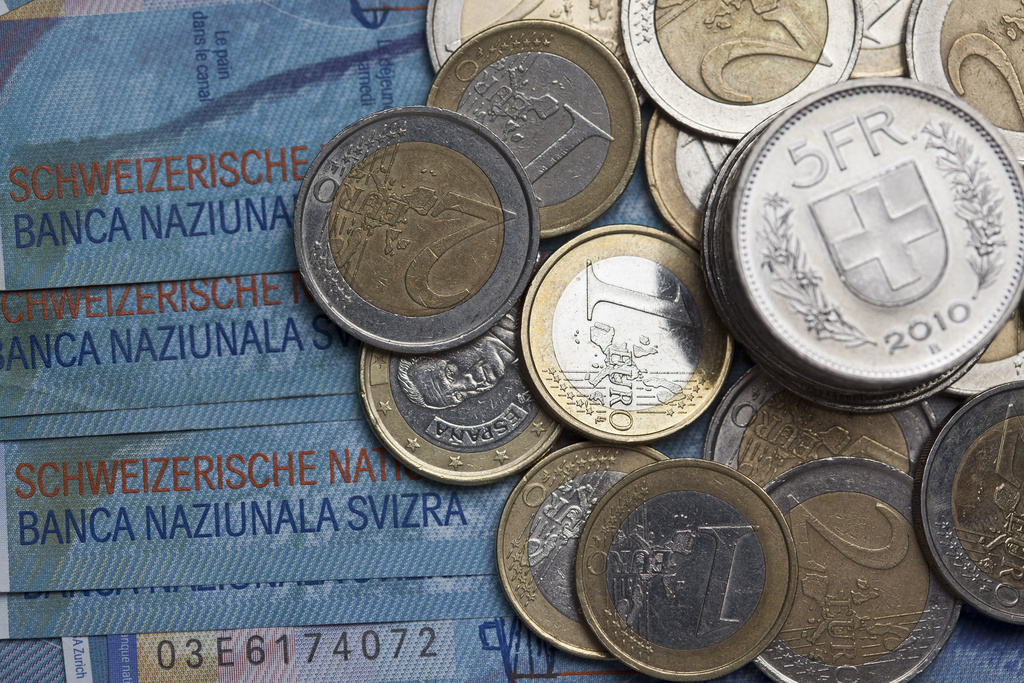

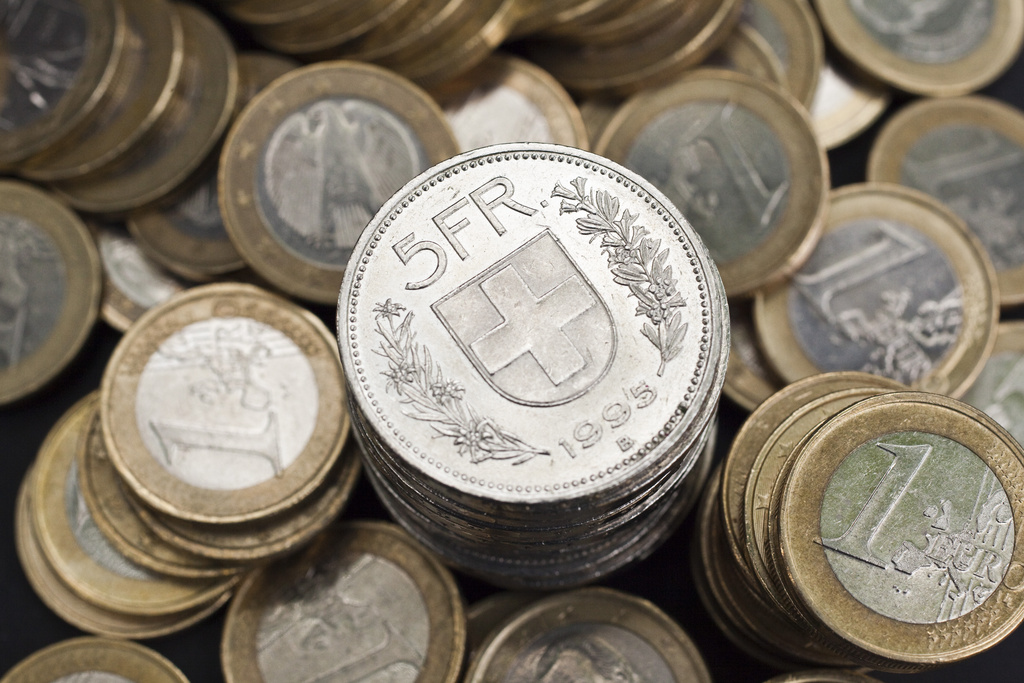
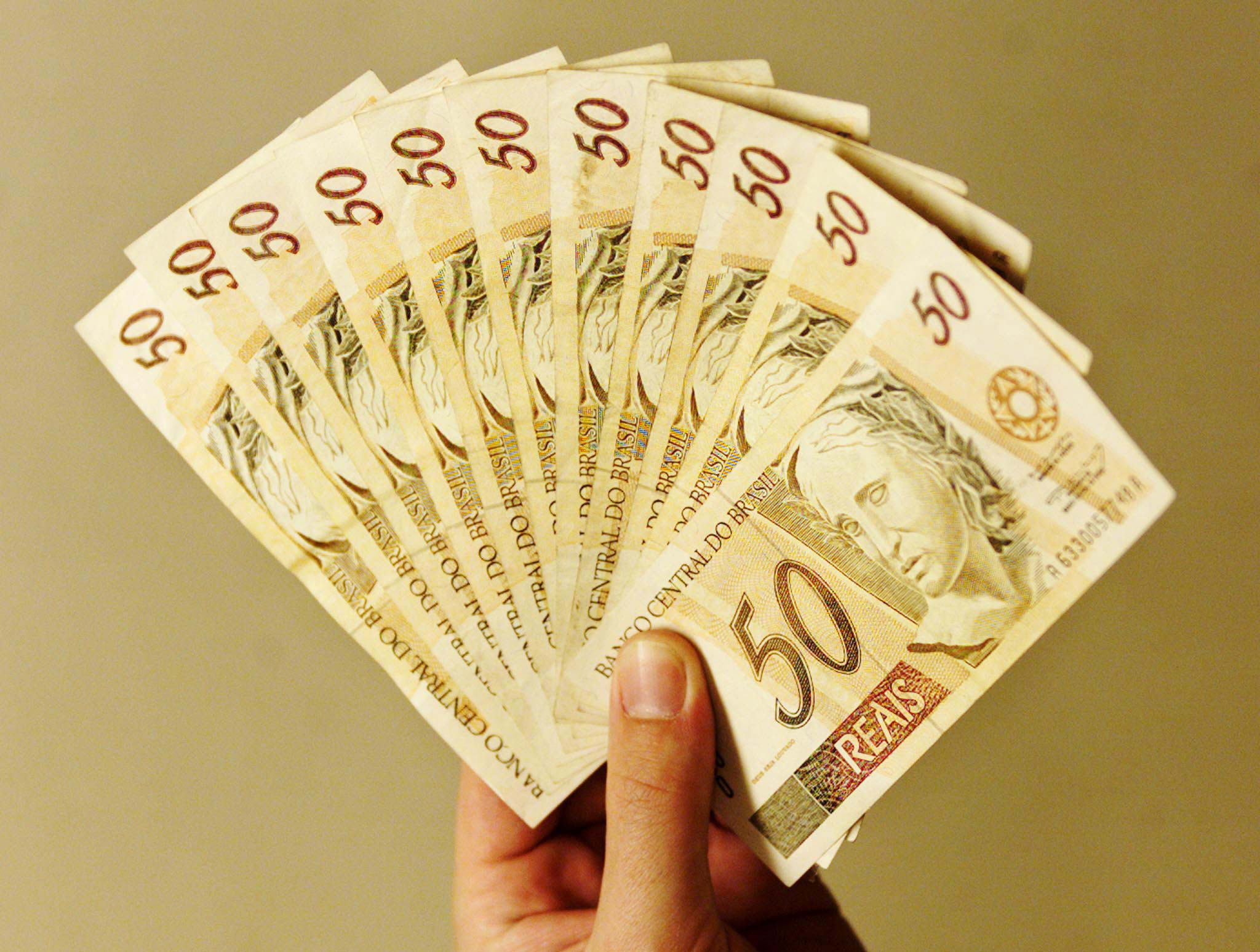
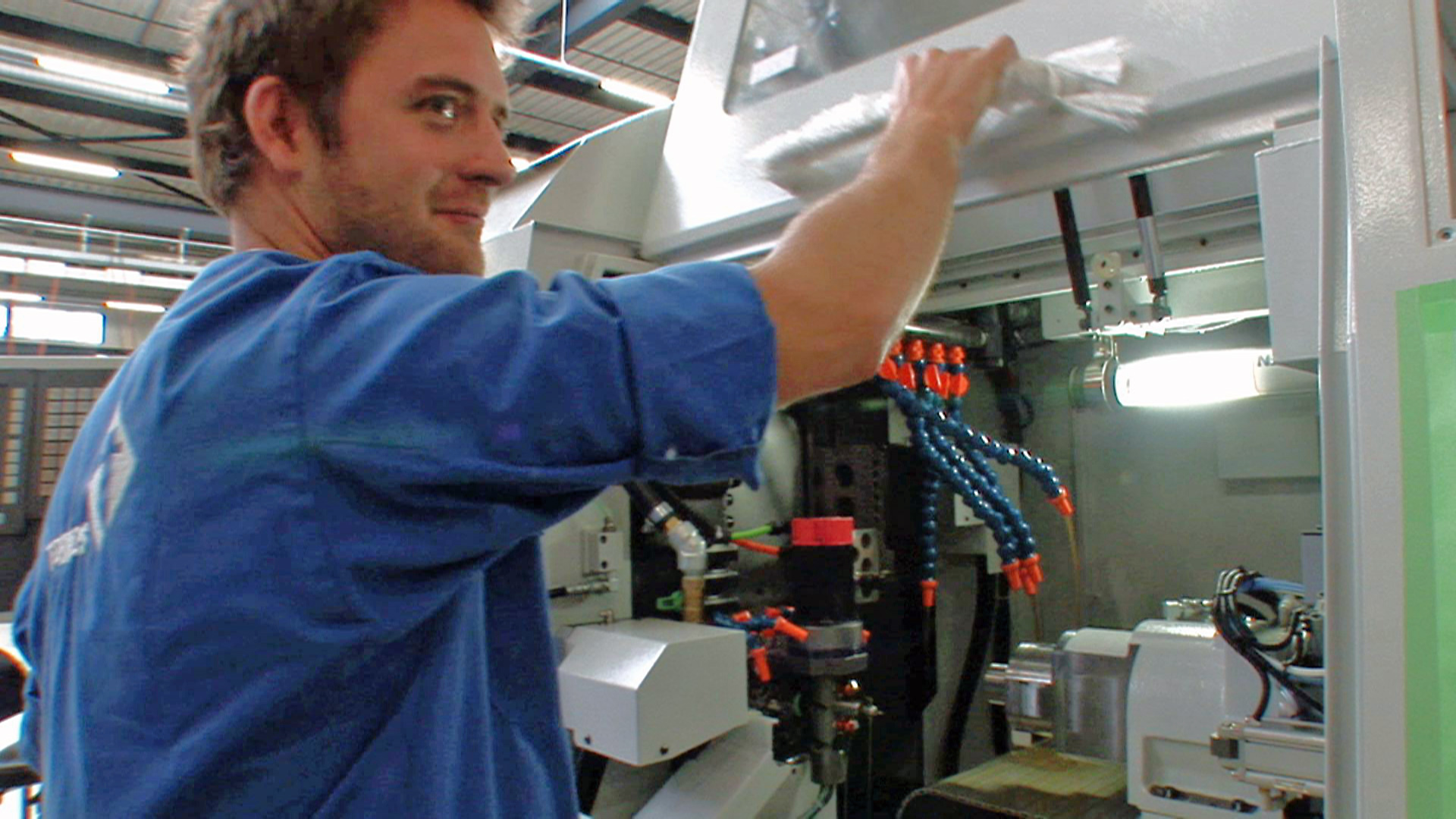
You can find an overview of ongoing debates with our journalists here. Please join us!
If you want to start a conversation about a topic raised in this article or want to report factual errors, email us at english@swissinfo.ch.